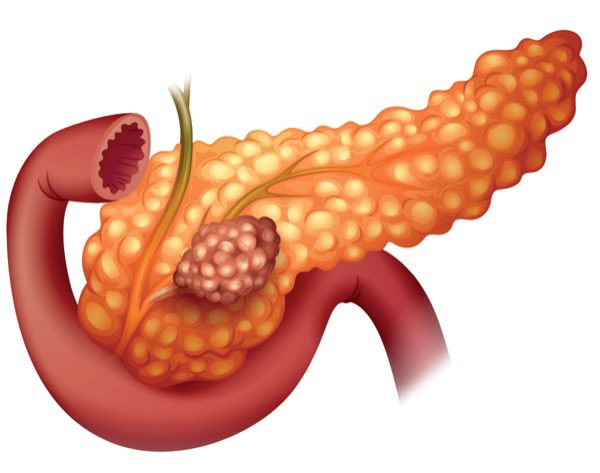Living with Pancreatic Cancer.. Terminal Illness as A Turning Point!

Living with Pancreatic Cancer.. Terminal Illness as A Turning Point!
- onco
- April 15, 2022
Living with pancreatic cancer
Treatment for some patients with pancreatic cancer can eradicate the disease. Treatment completion may be both thrilling and worrisome. Despite your relief upon finishing treatment, it might be difficult to stop worrying about cancer returning. If you’ve had cancer, this happens frequently.
Many pancreatic cancer patients may never fully recover from the disease, or cancer may return to another area of the body. To help keep cancer under control for as long as possible, these patients could have frequent treatments with chemotherapy, radiation therapy, or other therapies. It can be challenging and extremely frustrating to learn to live with cancer that does not get better.
Following-up care
Even if you have finished your treatment, your physicians will want to watch you carefully. It’s important to keep all of your follow-up visits. Your doctors will inquire about any issues you may be experiencing and may order physical examinations, blood tests, or imaging scans to check for cancer or medication side effects.
All pancreatic cancer survivors should inform their medical staff immediately if they experience any new symptoms or issues since these might be signs of a disease recurrence, a new illness, or a second malignancy.
Medical tests and visits
Depending on the initial severity of your cancer, the course of treatment, and other circumstances, your schedule of doctor appointments, examinations, and tests may change. Most frequently, doctors advise follow-up visits (which may include CT scans and blood tests) every three months for the first two years following treatment and then every six months for the next several years for patients with no cancer symptoms. Make careful to heed your doctor’s recommendations for additional tests.
Keeping copies of your medical records and your health insurance
It’s crucial to maintain health insurance even after your treatment is over. Even though nobody wants to consider their cancer returning, tests and medical appointments are expensive.
You could find yourself visiting a new doctor at some time following your cancer treatment who is unaware of your medical history. To provide your new doctor with the specifics of your diagnosis and treatment, preserving copies of your medical records is crucial.
Assistance with pain and nutrition
Due to insufficient nutrition, pancreatic cancer frequently results in weight loss and weakness. These signs and symptoms might result from the disease itself or its therapy. You can work with a group of physicians and nutritionists who can provide information about your specific dietary requirements and nutritional supplements. This might assist you in maintaining your weight and dietary consumption. Many people use oral pancreatic enzymes to aid in meal digestion and absorption.
A feeding tube may need to be inserted into the stomach in cases of severe nutrition issues to increase nutrition and energy levels. Usually, this is just temporary.
Terminal illness as a turning point
A terminal illness is a disease or condition that is incurable and almost always results in death.
Examples of conditions that can be terminal include:
- Advanced cancer
- Lung illness
- Dementia (including Alzheimer’s)
- Motor neuron disease
- Neurological diseases
How much longer can someone with terminal illness expect to live?
A person with a terminal disease may live for a few hours, days, weeks, months, or even years. It frequently relies on their diagnosis and any current treatments. When a patient has a terminal condition, it can be challenging for medical personnel to estimate how long they will survive (their prognosis).
Receiving a terminal diagnosis might be startling or unpleasant since some individuals assume that the word “terminal” denotes impending death. You could be concerned about this as well. It could be beneficial to remember that each person’s experience with a terminal disease is unique. As the illness advances, a person’s condition may occasionally gradually deteriorate. It is not usually a straight route; some people may discover that they feel better or worse at certain stages of their sickness.





Leave a Reply